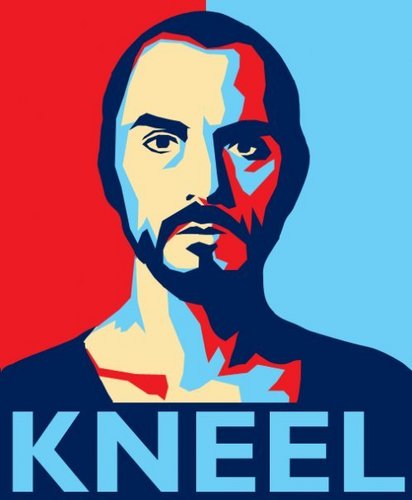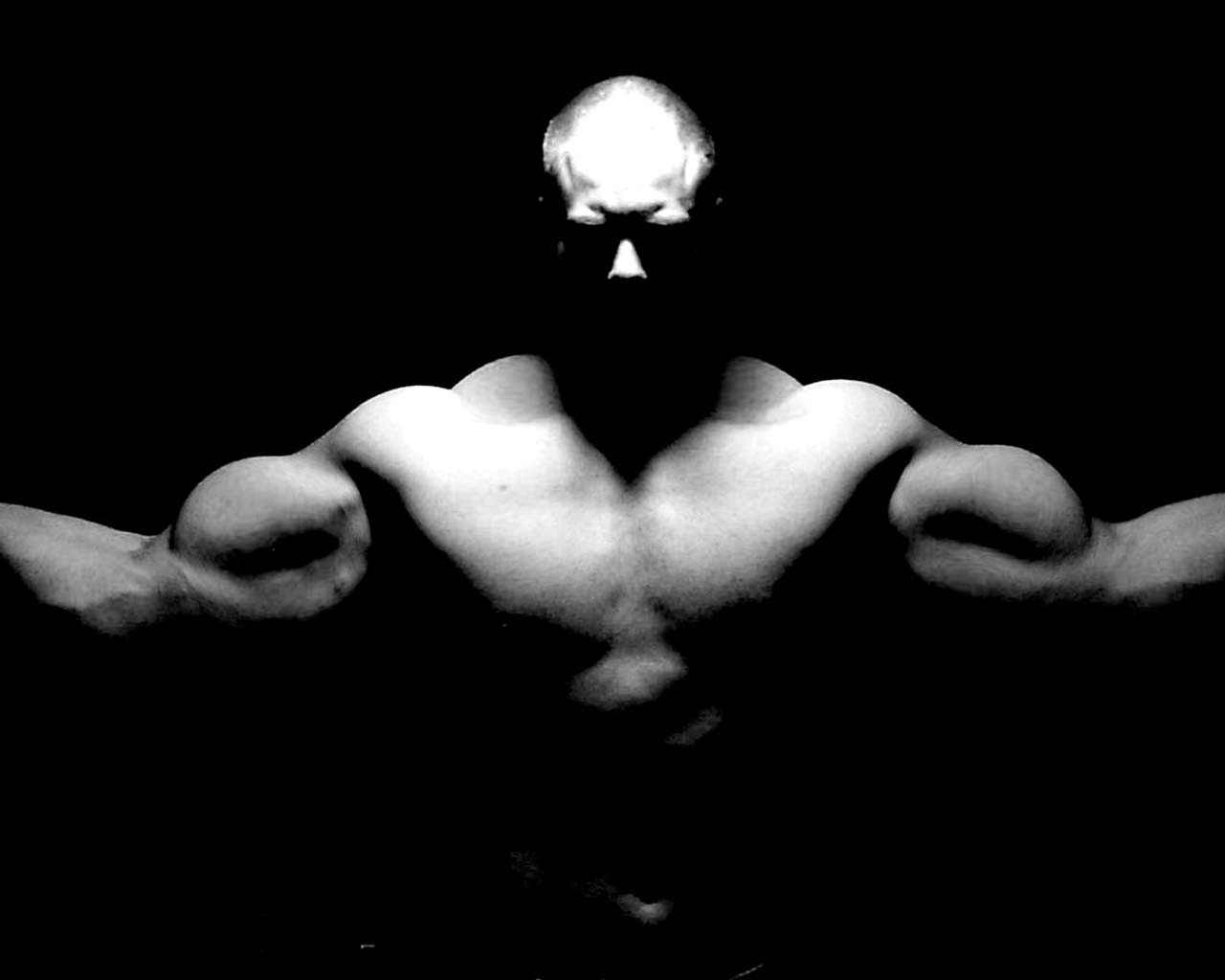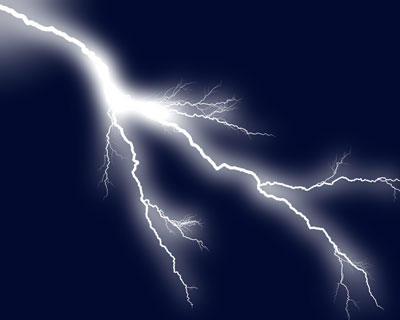Entries in power (3)
By the Power of Zod
 Monday, March 10, 2014 at 09:45PM
Monday, March 10, 2014 at 09:45PM  The thing about my life is I’m not very well connected. You know what people say, “It’s not what you know, it’s who your know.” What I need are powerful friends. People in high places who can make things happen. Movers. Shakers. Rainmakers. Someone strategically placed who—with just a word—change things.
The thing about my life is I’m not very well connected. You know what people say, “It’s not what you know, it’s who your know.” What I need are powerful friends. People in high places who can make things happen. Movers. Shakers. Rainmakers. Someone strategically placed who—with just a word—change things.
I know what you’re thinking: this blog is called Students of Jesus, so this tart opening paragraph is setting us up for Jesus, the guy in the highest place. The First Mover and Final Shaker. One word from him is enough to call twelve legions of angels, which tops out north of 60,000 supernatural beings. The very mention of his name resounds in deaf ears and causes blind eyes to see. Jesus is the ultimate friend in high places. But no. Not today. That would be a no-brainer blog, even though that’s all true about Jesus.
I’m held up by the paradox of his final instructions to us, that famous passage we’ve come to call the Great Commission. We all know the part about making disciples, and I’ve written previously about the hidden verses that set up the commission. But this time, I’m struck by the contrast between his power and the way he wants to help us.
“All authority in heaven and on earth has been given to me,” he tells us. Then he gives us the vision. “You guys go and make disciples.” And perhaps most strikingly, he finishes with this assurance: “surely I am with you always, to the very end of the age.”
There are two challenging notions calling us to come wrestle. First, the most connected guy in all creation gives the most important work to . . . us! Second, he guarantees neither victory nor inside muscle, but only his presence. (I know what you’re thinking again, because my inner Charismatic side is screaming, “but there’s power in his presence!” but put on the wrestling spandex just long enough to grapple with these issues.)
Why us? Couldn’t he do it himself? He’s already saved the world; gathering in disciples would be a snap for him. I think Jesus realizes there’s something left undone in us until we ourselves make disciples. Until we ourselves struggle with teaching others how to obey everything he commanded. Anyone can point to the rulebook and say, “Do this stuff,” but it requires a deep, personal, inner change to be able to say, "Come with me and I’ll show you how it’s done."
And if “all authority” belongs to Jesus, why doesn’t he simply say the word? Here’s what I think: Jesus demonstrated that leadership is about presence, not authority. We’re drawn to a view of power that resembles the cheesy Superman movie of the ‘70’s where super spaceman General Zod commands the people of earth, “Bow! Kneel!” Meanwhile the true power of the universe whispers, “Go ahead, give it a try, I’ll be with you.” We would like to wield General Zod’s name and get instant results! Instead, Jesus wants to live through clay vessels, cracked and fragile, which leak the most powerful substance in the universe: God’s loving presence.
Which do you think is easier? And why (I’m asking) would our Father choose to do it this way?
Power
 Monday, February 17, 2014 at 03:45PM
Monday, February 17, 2014 at 03:45PM  Power: we want it.
Power: we want it.
Everyone from Tony Stark to Francis Underwood wants it. They want it bad. Doc Brown’s 1.21 Gigawatts aren’t enough—somewhere in eternity Captain Kirk is still barking, “More power, Scotty.” From the power to persuade, to the power to entice, to the power of the people: we think power will save the world.
The only problem with power is we always seem to need just a little bit more. God has power. Maybe we can get it from him. Power to know the future, power to heal, wonder-working power that will prove us right and the world wrong—so much power we begin to use it to win the lottery or be the coolest guy at the party. If there’s an omnipotent god, then all the better—I want his power. But there’s always a catch. Just ask Bruce Almighty: it turns out the only container fit for the unlimited power of God is a vessel beset with weakness.
Why didn’t I see this sooner? The Apostle prayed that the dear people of Colossae would have power, but it was power to endure, the power to be patient, the power to joyfully give thanks. In other words: a power that changes nothing but ourselves.
Centuries before, the Proverbs revealed God’s priorities by suggesting true power is found in a man who rules his spirit, instead of one who conquers a city. Nor is this high-minded preacher-talk. Ask the man who is powerless against alcohol or rage. Ask the woman who is powerless against her fear or her thirst for love. Ask the politician powerless against his sexual appetites. Oh, for the power to contain our passions. In the final act, Richard the Third is willing to trade all his power for a getaway car.
The greatest power in the universe—from beyond the universe, really—came to town and submitted to the puny power of men who traded in swords and gold and crowns and titles. The powerful creator God absorbed the spear thrust into his side. The power of God overcame 30 pieces of silver meant to betray the Kingdom. God’s power wore a crown of thorns and ruled the world from an empty tomb. The seat of his power is beyond the reach of this world, and as close as the hearts of humble men and women. Who could have ever imagined a power perfected in weakness?
The only power we really need is power to grasp the love of Christ: its width, length, height, and depth. The kind of power to love until it kills you, and then love beyond that, until it raises you from the dead.
Thunderstruck by Power, Glory, Goodness, Promise
 Thursday, April 26, 2012 at 12:10AM
Thursday, April 26, 2012 at 12:10AM  Most of us are keenly aware of the qualities we lack as followers of Jesus. We possess the assurance of our weakness instead of the assurance of his faithfulness. The very first believers knew little of such introspection because they directed their gaze toward Jesus. They saw him flash like lightning in the dark sky of human effort. The more clearly they saw him, the more they discovered that his overwhelming love empowered them to become like him.
Most of us are keenly aware of the qualities we lack as followers of Jesus. We possess the assurance of our weakness instead of the assurance of his faithfulness. The very first believers knew little of such introspection because they directed their gaze toward Jesus. They saw him flash like lightning in the dark sky of human effort. The more clearly they saw him, the more they discovered that his overwhelming love empowered them to become like him.
Here’s how Peter explained it:
His divine power has given us everything we need for life and godliness through our knowledge of him who called us by his own glory and goodness. Through these he has given us his very great and precious promises, so that through them you may participate in the divine nature and escape the corruption in the world caused by evil desires. For this very reason, make every effort . . . ~ 2 Peter 1: 3-5
When I read this passage years ago it flashed like lightning across my heart. I am still thunderstruck by these amazing words.
• “His divine power . . .” As followers of Jesus, our everyday life in Christ is based upon his divine power, not our human strength. Where should we fix our attention--our lack or his supply? The life we live reveals the answer of our hearts.
• “. . . has given us everything we need for life and godliness . . .” When was the last time anyone told you that you have everything you need? The beauty of “life and godliness” are within our reach, and has been ever since the resurrection. It’s not a “legal fiction,” it’s a present reality.
• “. . . through our knowledge of him . . .” This is a modern road block—our western mindset leads us to believe that the knowledge of him comes through mere study. His first followers knew better: the only true knowledge of him comes as we experience his presence. Apart from his presence we are only spiritual historians.
• “. . . his own glory and goodness. . . ” Who talks these days about “glory and goodness?” 21st century Americans have difficulty understanding the glory of God, yet this glory has been streaming live into creation from the very beginning. And his goodness? We walk in that goodness everyday, most of us unaware of this never-ending supply. He is good beyond all measure. Better yet: his glory and goodness are directed toward us!
• “. . . He has given us very great and precious promises . . .” Do we ever reflect upon his promises? Seriously: how many can you name? I’m afraid that for most of us his promises are like autumn leaves: beautiful, but not very useful.
• “. . . So that through them you may participate in the divine nature . . .” Here is where the lightning flash knocked me over. We can participate in God’s nature, right here, right now. Who knows the full meaning of this phrase? Not me, but whatever it means, it has to be good!
• “. . . and escape the corruption in the world caused by evil desires . . . “ Many believers think the gospel is only about forgiveness, but the good news is even better: corruption is the legacy of a dying world, but we are a new creation.
And still there remains one more. It’s not enough to know. We must walk.
“For this very reason, make every effort . . .” Notice that effort comes after we encounter his divine power, his glory and goodness, and his precious promises. Too many disciples of Jesus--serious in their commitment to follow him--believe that their effort comes first. Instead, our effort is a response to all he has done: a joyful, grateful, confident recognition of his kindness toward us.
The challenge of this passage continues into verses 5–11, and it is a dangerous challenge at that. The danger of these next verses is that we believe we can accomplish the list apart from his divine power, his glory and goodness, and his precious promises. Only a fool would attempt to fulfill the chain of virtues by human effort alone.
We need the lightning to illuminate the dark landscape of our hearts. We need the thunder to ring in our ears and shake our dead skeletons. We need power, glory, goodness, and promise before we take a step. Fortunately, he still thunders forth from heaven.

